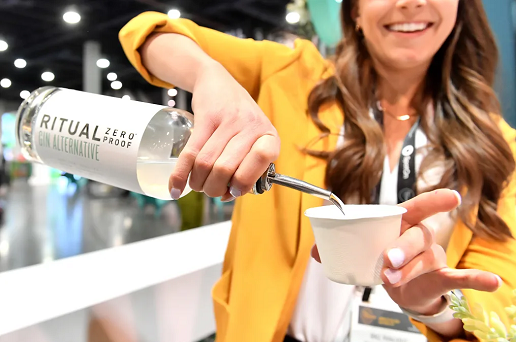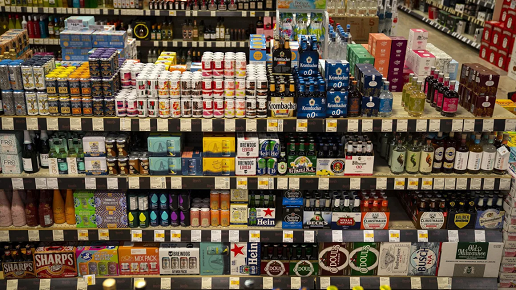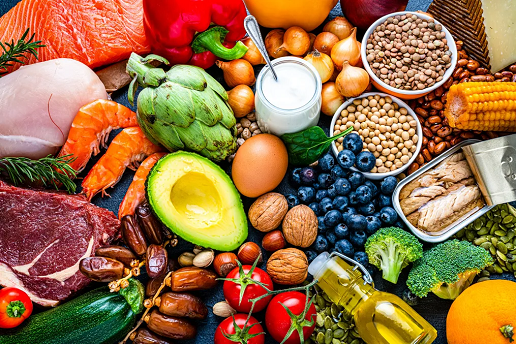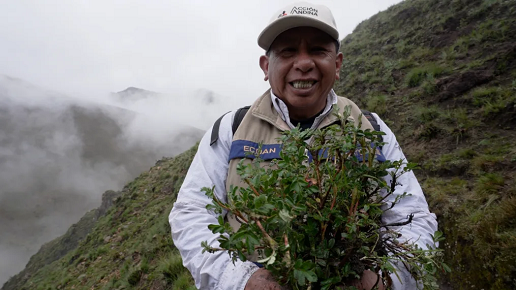A recent warning by the US Surgeon General labeling alcohol as a “preventable cause of cancer” has spurred major beer and spirits companies to adapt to shifting consumer behaviors. Brands like Molson Coors, Anheuser-Busch InBev, Diageo, and Pernod Ricard have expanded their portfolios with non-alcoholic beverages, targeting health-conscious younger generations who are drinking less.
Molson Coors has diversified beyond beer, introducing non-alcoholic drinks like Peroni 0.0 and Naked Life canned cocktails, contributing to a 70% rise in sales in the U.S. over the past year. Similarly, Anheuser-Busch InBev has launched non-alcoholic versions of popular beers, such as Budweiser Zero and Michelob Ultra Zero, which have shown significant revenue growth.
Spirits companies are also embracing the trend. Diageo acquired Ritual Zero Proof, offering non-alcoholic options for classic cocktails, while Pernod Ricard introduced a booze-free gin and sparkling wine. Moët Hennessy made its first venture into the non-alcoholic category by investing in French Bloom, catering to “flexidrinkers” who seek moderation without sacrificing taste. Smirnoff-maker Diageo bought Ritual Zero Proof last year. Bryan Steffy/Getty Images for Nightclub & Bar Media Group
Smirnoff-maker Diageo bought Ritual Zero Proof last year. Bryan Steffy/Getty Images for Nightclub & Bar Media Group
Non-alcoholic drinks are gaining popularity beyond Dry January, with consistent year-round growth. This shift reflects evolving consumer priorities, presenting a lucrative opportunity for alcohol companies to future-proof their businesses and meet rising demand for healthier alternatives.






